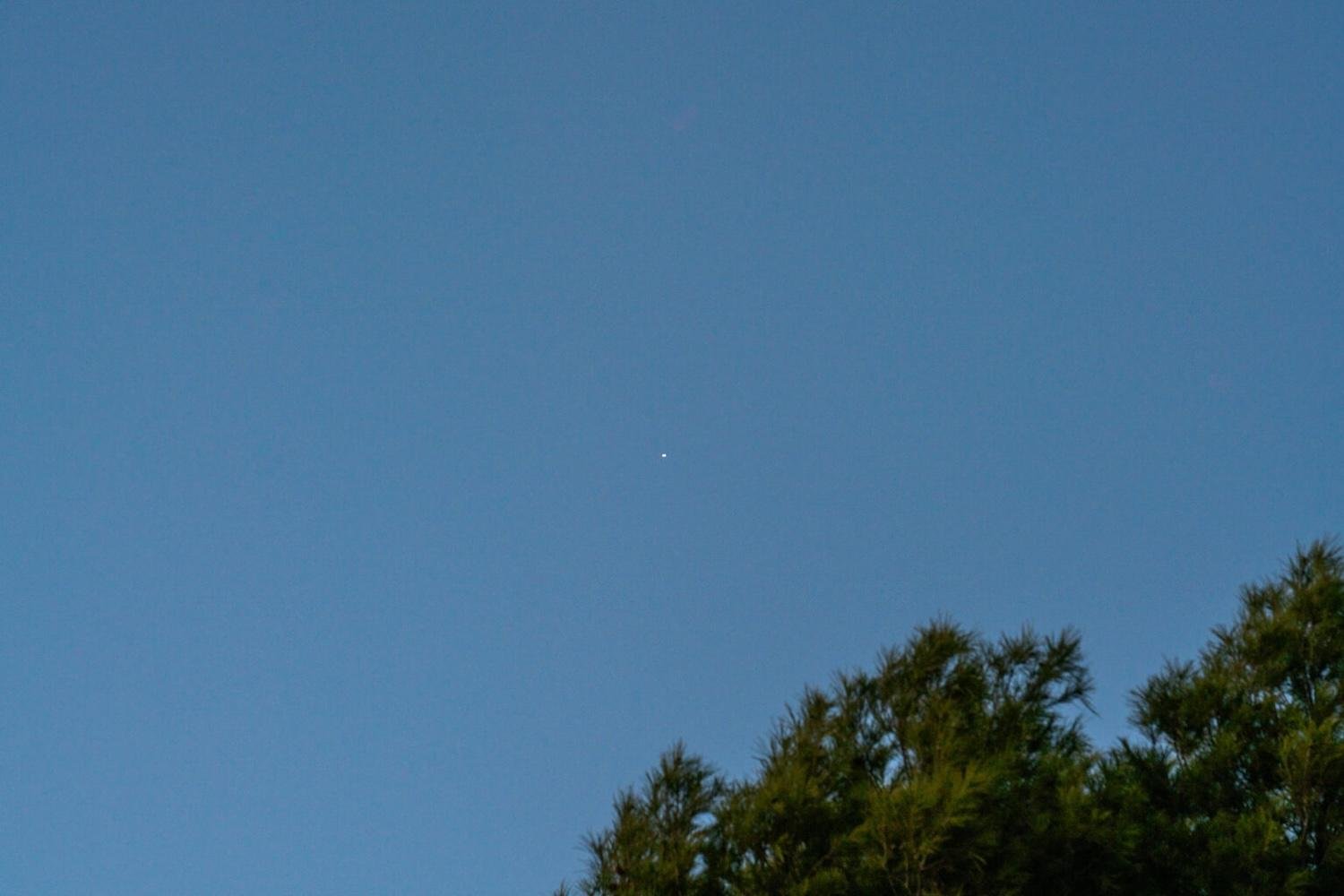arizona
Army Surveillance Balloons Over Tucson Spark Privacy Fears Among Advocates

The U.S. Army and a private aerospace firm are currently conducting high-altitude surveillance operations over Tucson, igniting privacy debates among citizens and advocacy groups.
For over a week, residents have reported sightings of multiple high-altitude balloons, with one, identified as N257TH, remaining in the area for an extended period. This particular balloon is owned by South Dakota-based Aerostar and gained notoriety earlier this year when it was initially thought to be a Chinese spy balloon.
Aerostar’s “Thunderhead” balloon system is undergoing a series of tests in collaboration with military and private contractors. Jay Stanley, a senior policy analyst at the American Civil Liberties Union, emphasized the constitutional concerns surrounding such surveillance technologies: “Even testing for eventual overseas use raises questions about the data being collected.”
Aerostar refrained from disclosing specific details regarding the nature of the testing. They directed inquiries to the U.S. Department of Defense and the Army, neither of which responded to requests for comment. However, the company clarified that these flights do not relate to U.S. Customs and Border Protection efforts. Anastasia Quanbeck, Aerostar’s Culture and Communications Director, noted that high-altitude balloons are suited for various missions, despite current flights not being linked to border surveillance.
The Thunderhead balloons, operating at altitudes of 60,000 to 100,000 feet, can carry substantial payloads compared to standard drones. Following instances of Chinese balloons breaching U.S. airspace in 2023, the Army hinted at developing similar capabilities by 2025, with Aerostar involved in previous testing exercises.
Aerostar has a history of employing surveillance blimps, initially utilized in combat zones and later along U.S. borders. The current balloon technology stands apart, being notably larger and capable of remaining airborne for extended periods.
Recent reports indicate that the Army is investigating the use of high-altitude balloons to deploy drone swarms in conflict zones without detection. However, the presence of these balloons over southern Arizona raises privacy concerns. In 2021, a court ruled against the Baltimore Police Department’s extensive aerial surveillance program as unconstitutional. Stanley argues a similar scrutiny should apply to military operations: “If anything, it becomes more sensitive when the military is involved.”
The technology for wide-area surveillance, once bulky, has evolved significantly, and Aerostar hasn’t elaborated on the systems utilized aboard the Tucson balloons. Stanley warns that the equipment could facilitate persistent surveillance that encroaches on community privacy.
The Thunderhead system is designed to remain airborne for up to 30 days, and Aerostar is also testing its Zephyr unmanned aircraft, capable of two-month flights. Observers suggest the balloons could be outfitted with advanced equipment, including radar and cameras, enhancing their surveillance capabilities.
This raises significant ethical questions, as Stanley points out: “To follow someone for extended periods can reveal too much about their private life.” Concerns about who wields such power over citizens and how it impacts everyday lives remain at the forefront of this ongoing situation.


















